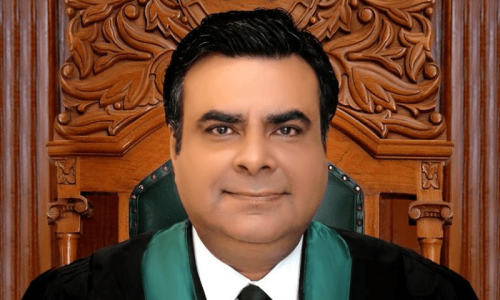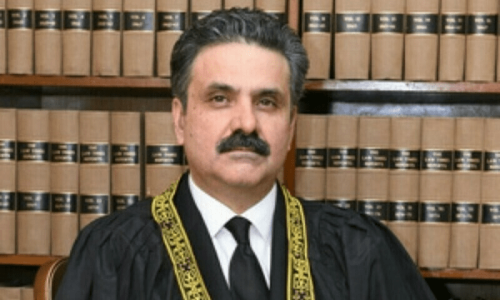HYDERABAD, May 27: A PhD fellow has linked change in public attitude towards social and educational status of women to creating awareness about Islamic teachings of equality.
Ms Saleha Perveen of the faculty of education, University of Sindh, here on Friday was defending her PhD thesis on “A Critical Analysis of the Current Status of Female Education at Secondary and Higher Secondary Level and Attitudes of People Towards Women: A Case Study— Province of Sindh”.
She said women’s education had been a neglected sector in our national system of education, and added that it had been a controversial and difficult subject since its inception in the sub-continent in 1854.
Social, economic, educational, political as well as legal status of women in the developed countries had upgraded, she said, regretting that in our country they had less opportunities than men.
She said that in Pakistan, literacy rate was very low and added that particularly educational status of Pakistani women was among one of the lowest in the world.
She said that according to the 1998 census, the literacy rate of people aged 10 years and above was 43.9 per cent. However, there were distinct gender and rural/urban differences in the literacy rate. She said the literacy rate of urban women was 55 per cent and rural women 20 per cent. She attributed to this literacy rate of women to poverty, socio-cultural problems and other reasons female education is still far behind.
The scholar suggested for launching of adult literacy programme for mothers in the evening in rural areas and mobile training units for the teachers’ training as well as recruitment of retired educationists to train in-service teachers.
Faculty of Education Dean Dr Iqbal Ahmed Panhwar, Dr Muhammad Aslam Chaudhry and others also expressed their views.
Vice-Chancellor Mazharul Haq Siddiqui presiding over the PhD seminar, exhorted the public sector to promote girls’ education in the country, particularly in the remote areas of Sindh.
He appreciated efforts of the scholar for research on the most important issue of girls’ education and expressed the hope that her work would help in formulating and implementing better education policies for girls.















































Dear visitor, the comments section is undergoing an overhaul and will return soon.